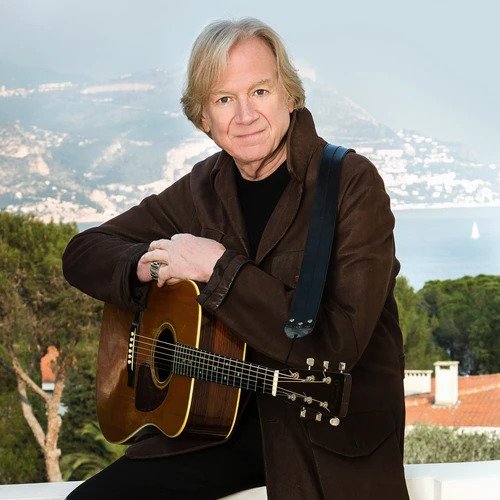
In The Mood with Justin Hayward
The Moody Blues are enjoying a resurgence in popularity. In the last five years, the group has constantly been performing to sold-out shows around the world including New Zealand where an extra date has been added for its concerts here in November.
Justin Hayward, the writer of its cherished hit Nights In White Satin, believes his band has endured because it steered its own musical path and did not get trapped into any trend or fashion.
Beginning in the 60s, it became an innovative band when, after its hit single Go Now, it decided to combine rock music with an orchestra.
It heralded its new sound with the London Symphony Orchestra on its album Days of Future Passed.
By incorporating hints of psychedelia, further releases including In Search of the Lost Chord, On the Threshold of a Dream and To Our Children's Children's Children increased its following in the late 60s.
Into the early 70s, The Moody Blues emerged as a tighter unit, minus the sweeping strings as revealed on its album Seventh Sojourn.
A decade later the release of two singles Wildest Dreams and I Know You're Out There Somewhere gave the group surprising chart success and breathed new life into the band.
"Those songs seemed to bring a new audience to the group," says Hayward.
"We weren't struggling before that, but it was getting a bit thin on the ground in the early 80s.
"But upon the release of the album those songs were from, attendance at concerts just seemed to explode for us. And that seems to be the audience that is still with us today."
However, Hayward is quick to establish older fans are in for a treat because The Moody Blues can now emulate their orchestral sound of old, live on stage.
And it is all down to the memotron, an update of the mellotron – a small keyboard-type instrument, which they used to sample orchestral sounds in the 60s.
"About two years ago, I was contacted by a German company that took over the mellotron sound library and put them into a real digital keyboard which looked exactly like the mellotron called the memotron.
"They sent me one and I just fell in love with the thing. The mellotron was somewhat limited but now the memotron sounds exactly like the sound of the things we did back then and with the group today, I think it is the best incarnation of the band that we have at the moment in being true to the original recordings." And fans can expect a "selection from most of their albums" delivered at their Auckland and Wellington concerts.
Alongside original Moody Blues members Justin Hayward, bassist John Lodge and drummer Graeme Edge are second drummer Gordon Marshall, keyboardist Alan Hewitt, Julie Ragins also on keyboards, guitar and vocals and flautist Norda Mullen.
Growing up in Mississippi as a fan of the Moody Blues music, Mullen is now a fulltime member and Hayward says she is a fantastic flute player.
"About 10 years ago I was doing a showcase for a solo album in Los Angeles.
"My agent told me he had heard this girl that played for the LA Symphony Orchestra and she knows all our songs.
"I got her to come along and play Nights In White Satin and Tuesday Afternoon. I realised she had grown up with our stuff. She is exceptional and a great presence on stage."
Reflecting on a 50-year career and with Moody Blues album sales passing 70 million, Hayward says they were lucky.
"We were very lucky to be given the opportunity by Decca Records to be recognised early on as a band that could make albums instead of just doing singles.
"Also they had one of the greatest recording studios in the world that they just gave over to us and I have to say our producer Tony Clarke was also the brainchild behind our early albums.
"It was a special time."
Just 19 years of age when he composed Nights in White Satin, Hayward considers whatever he writes "is from the heart" and says being in a band is all he ever wanted.
"For me personally, to be in a group of people that I like and who play my songs well where I can sing and generally have a good time, is all I ever wanted."
The Moody Blues perform at The Civic Theatre, Auckland, on Sunday, November 27 (sold out), and Monday, November 28.
Wellington, Michael Fowler Centre, November 26. - Waikato Times
